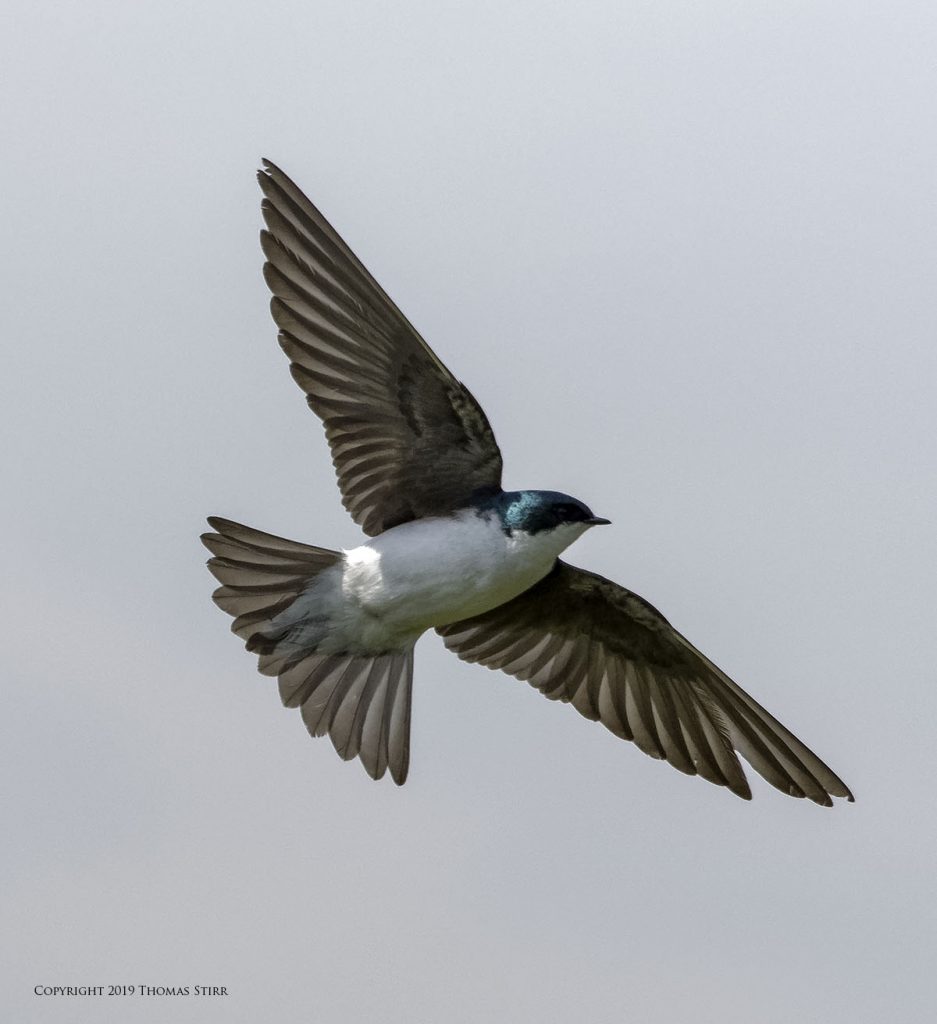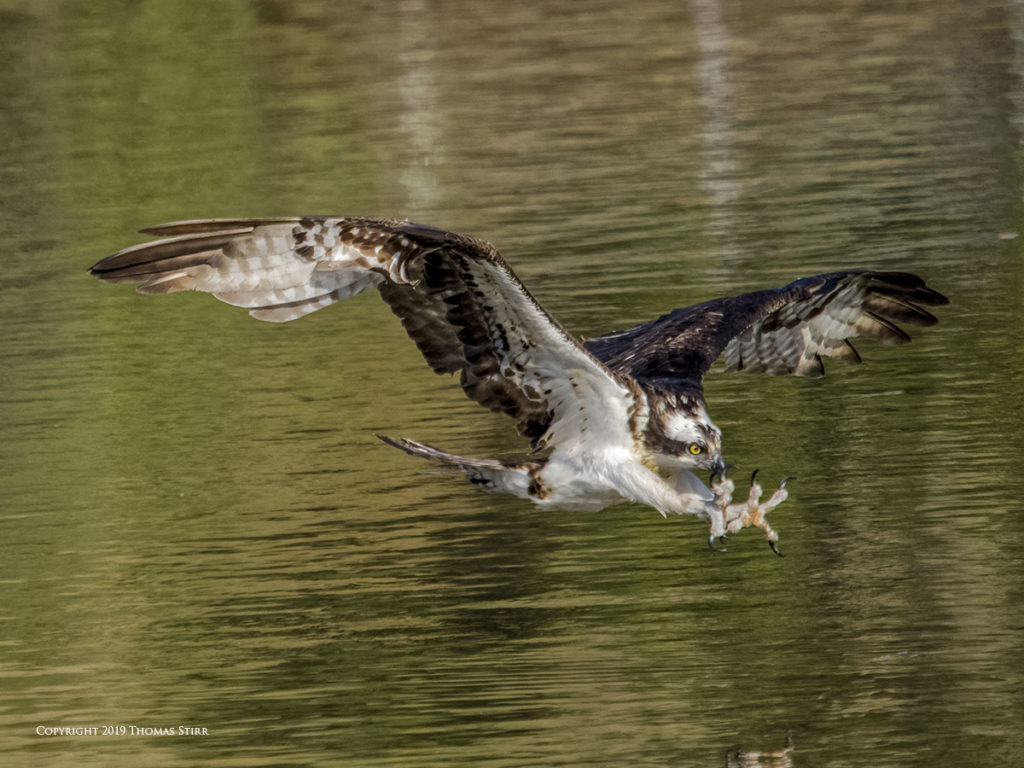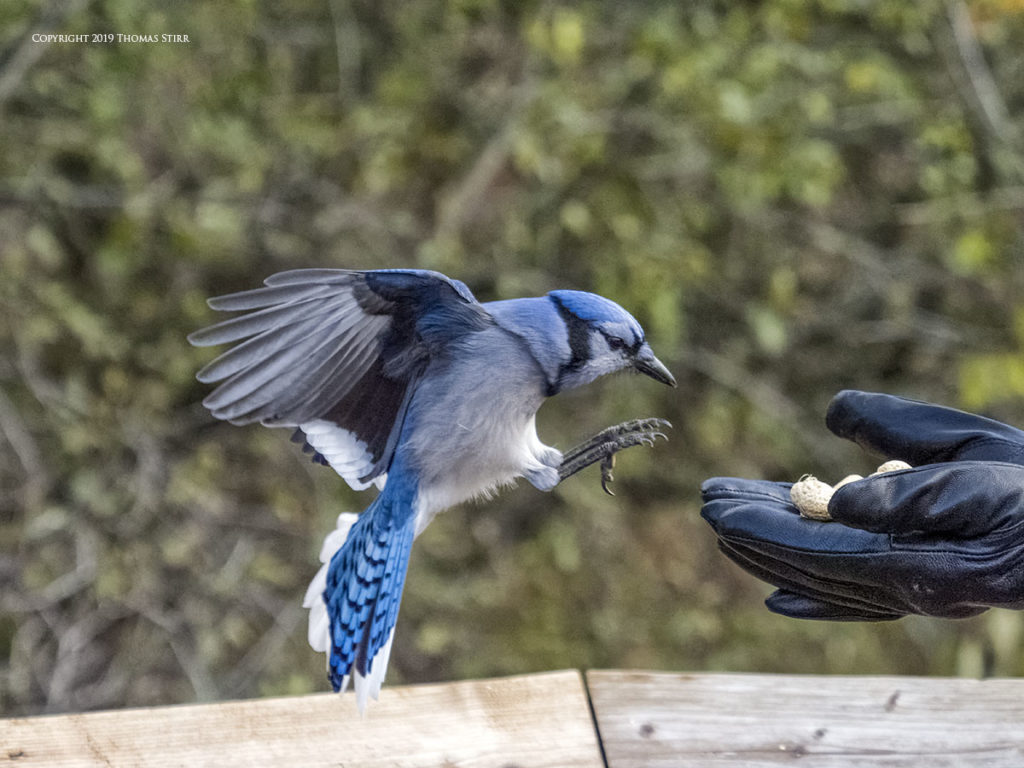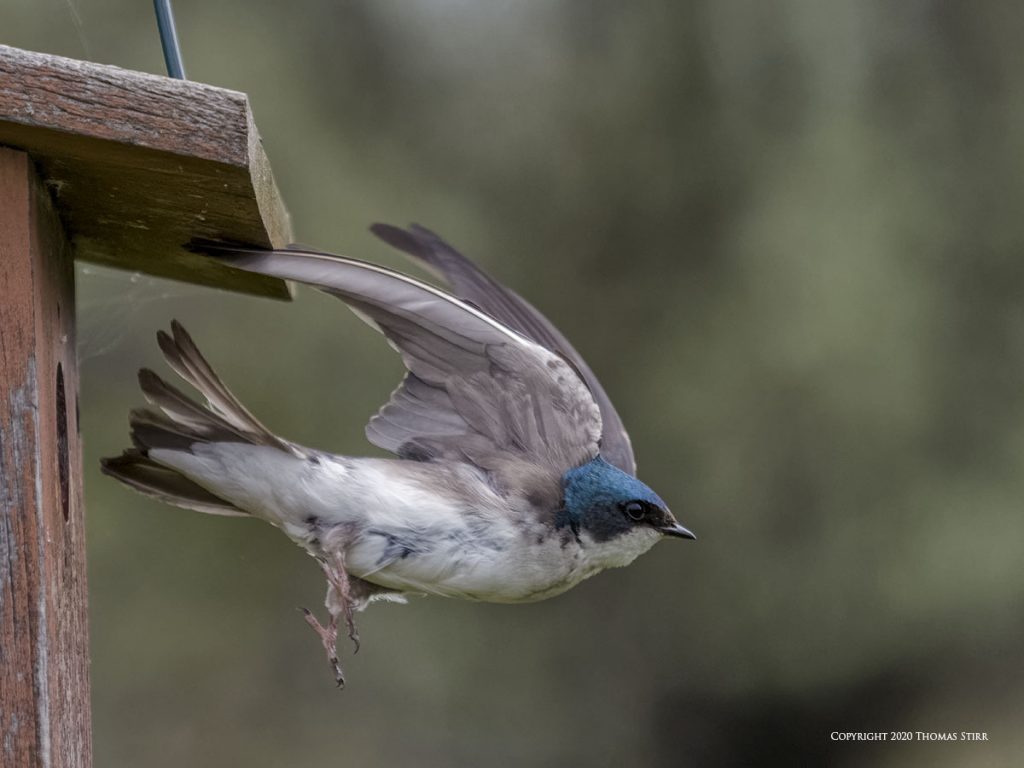This article shares my experiences using M.Zuiko teleconverters when shooting handheld, and discusses their relative merits.
NOTE: Click on images to enlarge.

My first use of Olympus camera gear was with some loaner equipment provided by Olympus Americas back in late May 2019. This was prior to the introduction of the M.Zuiko MC-20 teleconverter, so I borrowed an M.Zuiko MC-14 teleconverter,

I found this to be an excellent teleconverter and used it with the M.Zuiko PRO 40-150 mm f/2.8. This gave me an equivalent field-of-view of 112 mm to 420 mm at f/4.

I used the M.Zuiko MC-14 extensively for birds-in-flight as well as perched birds and other subjects. It performed wonderfully both in terms of auto-focus and image quality. The only downside was insufficient reach as I found a maximum efov of 420 mm to be limiting for my style of bird photography.

One of the things that really impressed me was how well the OM-D E-M1X performed with the M.Zuiko PRO 40-150 mm f/2.8 and MC-14 when photographing swallows in flight. It was really the first camera gear that I had used where I actually felt some confidence photographing these pocket rockets.

As luck would have it, Olympus introduced the M.Zuiko MC-20 teleconverter at the end of June 2019. This was just prior to me placing my first camera gear order with Olympus Americas. So, rather than the MC-14 I ordered the MC-20 instead, as I really wanted the extra reach.

I had to wait for several months for my M.Zuiko MC-20 teleconverter to arrive as it was initially back ordered. My patience was rewarded with an excellent piece of camera gear.

Going from an efov of 420 mm to 600 mm doesn’t sound like much when you say it fast. The difference in the field was substantial in terms of the additional opportunities that the added reach provided.

Whenever I went out to photograph birds, the M.Zuiko MC-20 teleconverter was permanently attached to my M.Zuiko PRO 40-150 mm f/2.8. Even when fully extended, that combination when used with my OM-D E-M1X, easily outperformed the full frame gear that I had used in the past.

Having used Nikon 1 camera gear and the wonderful Nikon 1 70-300 mm f/4.5-5.6 zoom (efov 189-810 mm) in the past, I still missed having more reach. The overall image quality with my Olympus kit was superior to my Nikon 1 files, so it was a trade-off I was prepared to make.

I began experimenting with Pro Capture H and fell in love with the technology. It opened up an incredible number of additional bird photography opportunities. The relative ease with which I could capture these images astounded me… and still does today.

A few readers have asked me if I ever considered the Panasonic 100-400 mm f/4-6.3 zoom. The quick answer is no. I had a brief and unsuccessful experience with that camera brand in the past.

I kept using the MC-20 teleconverter and had absolutely no thought about ever buying the MC-14. The added reach was more than worth the loss of one additional stop of light.

The M.Zuiko PRO 40-150 mm f/2.8 zoom is the finest lens that I have ever used in terms of sharpness and image quality. When paired with the MC-20 it delivered excellent performance along with a small and lightweight form factor.

Up to this point, using M.Zuiko teleconverters had been an all round great experience. I was heavily skewed to the MC-20 because of the additional reach it provided. I’ve never liked shooting with prime lenses so the M.Zuiko PRO 300 mm f/4 IS lens was never a consideration for me.

I suppose if I owned the M.Zuiko PRO 300 mm f/4 IS I may have also purchased the MC-14 to get some additional flexibility. As it was I was happy using the MC-20 with the M.Zuiko PRO 40-150 mm f/2.8 and was waiting for some longer zooms from Olympus to be launched.

When the M.Zuiko 100-400 mm f/5-6.3 was announced it piqued my interest. Not because of its efov of 200-800 mm, but because using M.Zuiko teleconverters, both the MC-14 and MC-20, was possible. I salivated at the thought of that extra reach.

Like many photographers I had been waiting specifically for the M.Zuiko 150-400 f/4.5 with built-in 1.25 X teleconverter. Even before the size, weight and pricing details on that lens were announced, I decided that it would not be a good fit for my needs. So, I ordered the M.Zuiko 100-400 mm f/5-6.3 IS along with an MC-14 teleconverter.

This has proven to be a very good decision. Using M.Zuiko teleconverters with the M.Zuiko 100-400 mm has expanded my bird photography potential exponentially.

Using M.Zuiko teleconverters means that I am now able to capture images of distant birds effectively without having to resort to aggressive cropping. Getting more pixels on a subject bird helps to maintain image quality.

When combined with other Olympus technologies like Pro Capture L and Bird Detection AI Subject Tracking, the functionality of my camera gear boggles my mind. Using M.Zuiko teleconverters further extends that capability.

Using M.Zuiko teleconverters with the M.Zuiko 100-400 mm opens up opportunities that many other photographers watch fly by. There are challenges with handheld technique as could be expected… but the results are worth the effort to develop these skills.

For anyone purchasing the M.Zuiko 100-400 mm f/5-6.3 IS adding the M.Zuiko MC-14 is really a no brainer decision. It extends the efov to 280 -1120 mm at an aperture of f/9 on the long end. This is a very useful and flexible focal length range, along with an acceptable aperture.

Using the M.Zuiko MC-20 is more challenging as additional light is needed, as well as better eye/hand coordination for birds-in-flight. I’ve found that the auto-focusing performance is ever so slightly below what is achieved with the MC-14… but still completely usable.

Using M.Zuiko teleconverters is an excellent way to expand the reach of Olympus camera gear with birds and wildlife photography. My ‘go to’ set up for bird photography is an E-M1X with the M.Zuiko 100-400 mm f/5-6.3 and MC-14 teleconverter. Except when using Pro Capture H, I capture all of my perched bird and birds-in-flight images using Bird Detection AI Subject Tracking.
Technical Note
Photographs were captured hand-held using camera gear as noted in the EXIF data. Images were produced from RAW files using my standard process.

How you can help keep this site advertising free
My intent is to keep this photography blog advertising free. If you enjoyed this article and/or my website and would like to support my work, you can purchase an eBook, or make a modest $10 donation through PayPal. Both are most appreciated. You can use the Donate button below. Larger donations can be made to tom@tomstirr.com through PayPal.
Word of mouth is the best form of endorsement. If you like our website please let your friends and associates know about our work. Linking to this site or to specific articles is allowed with proper acknowledgement. Reproducing articles, or any of the images contained in them, on another website or in any social media posting is a Copyright infringement.
Article is Copyright 2021 Thomas Stirr. Images are Copyright 2019-2021 Thomas Stirr. All rights reserved. No use, duplication or adaptation of any kind is allowed without written consent. If you see this article reproduced anywhere else it is an unauthorized and illegal use. Posting comments on offending websites and calling out individuals who steal intellectual property is always appreciated!


Hopefully I’m not to late but i was wondering what your opinsions on the 40-150 +mc20 + 100-400 both are roughly eqivilent to buy where i live (around $1600 total) and the 40-150 seems appealing becuase as i understand it the stabilisation would actaully be better than the 100-400. Plus i would get a 40-150 lens as a bonus 🙂
Beautiful pictures BTW, You’ve got some really stellar content, both photographs and opinions 🙂
Hi Eli,
Both of the lenses noted are excellent choices in their own right. It really depends on your photographic needs. The M.Zuiko PRO 40-150 mm f/2.8 is my favourite overall lens: https://smallsensorphotography.com/favourite-m-zuiko-lens
It is a beautiful lens with excellent sharpness and colour rendition and works very well with the M.Zuiko MC-20 teleconverter. If you wanted to invest your money in a lens that would give you broad capability the M.Zuiko 40-150 mm f/2.8 with the M.Zuiko MC-20 teleconverter would be a good choice.
The M.Zuiko 100-400 mm f/5-6.3 IS is also a great lens with excellent optical performance. I use mine most of the time with the MC-14 teleconverter and found it performs very well. This lens/teleconverter combination would give you more capability for birding, nature and sports… but would not give you the lower light capability of the M.Zuiko PRO 40-150 f/2.8.
I think the choice really comes down to a simple question… do your want more reach or overall flexibility?
Tom
Hi There, I see you use the M Zuiko 100-400 mm zoom. Can you tell me if when you attach it to your camera there is a slight bit of movement when it has locked. My camera is an Olympus OM – D1X. All my other lenses and teleconverters fit fine. The lens works fine otherwise. I have contacted Olympus who seemed to think it was OK but I could send it back if I wanted to. Have you experienced this with your lens.
Hi Mike,
Yes, my lens has the same issue. I wrote an article about this earlier after I received feedback from Olympus: https://smallsensorphotography.com/100-400-mount-clarification
This was just before the sale to OM Digital Solutions so I was not given the option of sending my lens in for inspection/repair.
Tom